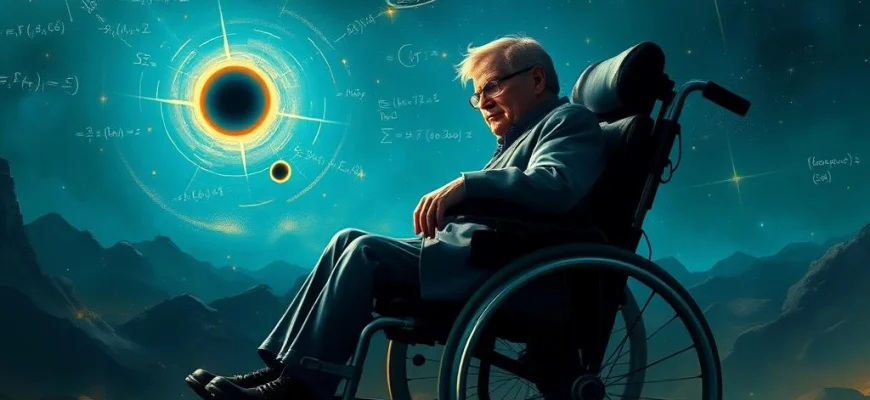Si vous avez été captivé par le film 'Hawking - La tête dans les étoiles' (2004), qui retrace la vie fascinante du célèbre physicien Stephen Hawking - La tête dans les étoiles, vous adorerez découvrir d'autres œuvres similaires. Cet article vous propose 10 films et séries qui explorent des thèmes comme le génie scientifique, la résilience face à l'adversité et les mystères de l'univers. Plongez dans des histoires inspirantes et intellectuellement stimulantes !
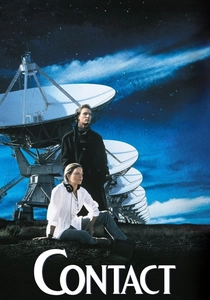
Contact (1997)
Description: A science fiction drama about an astronomer's quest to make contact with extraterrestrial life, blending scientific rigor with philosophical questions.
Fait: The film is based on a novel by Carl Sagan. It features realistic depictions of radio astronomy and the search for extraterrestrial intelligence.
 Regarder
Regarder
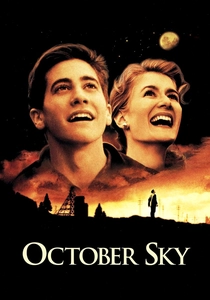
October Sky (1999)
Description: A coming-of-age story about a young man's passion for rocketry and science, set against the backdrop of a small mining town, emphasizing perseverance and intellectual curiosity.
Fait: The film is based on the memoir 'Rocket Boys' by Homer Hickam. The title is an anagram of 'Rocket Boys', reflecting the protagonist's journey.
 Regarder
Regarder
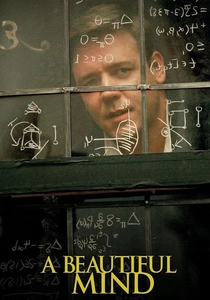
A Beautiful Mind (2001)
Description: A biographical drama about a mathematician whose genius is intertwined with personal challenges, highlighting the intersection of brilliance and human vulnerability.
Fait: The film is based on the life of John Nash, a Nobel Laureate in Economics. The director used visual effects to represent Nash's hallucinations, immersing the audience in his perspective.
 Regarder
Regarder

Proof (2005)
Description: A drama centered around a young woman's mathematical genius and her relationship with her father, a once-great mathematician, exploring themes of legacy and mental health.
Fait: The film is an adaptation of a Pulitzer Prize-winning play. It delves into the complexities of intellectual inheritance and personal identity.
 Regarder
Regarder

Interstellar (2014)
Description: A visually stunning sci-fi epic that explores theoretical physics, space exploration, and the human spirit's resilience in the face of cosmic challenges.
Fait: The film's scientific accuracy was overseen by physicist Kip Thorne. The depiction of a black hole was based on actual equations, leading to new scientific insights.
 Regarder
Regarder

The Social Network (2010)
Description: A biographical drama about the creation of a revolutionary tech platform, highlighting the interplay of genius, ambition, and personal relationships.
Fait: The film's screenplay was written by Aaron Sorkin, known for its rapid-fire dialogue. It won three Academy Awards, including Best Adapted Screenplay.
 Regarder
Regarder

The Imitation Game (2014)
Description: This movie delves into the life of a pioneering computer scientist, showcasing his contributions to cryptography and the personal sacrifices he made during wartime.
Fait: The film is based on the biography 'Alan Turing: The Enigma'. Benedict Cumberbatch's portrayal of Turing earned widespread acclaim for its depth and sensitivity.
 Regarder
Regarder
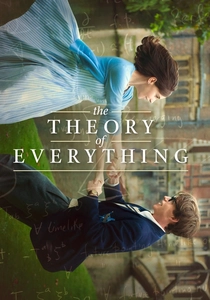
The Theory of Everything (2014)
Description: This film explores the life of a brilliant physicist, focusing on his groundbreaking scientific work and personal struggles, blending intellectual depth with emotional storytelling.
Fait: The film is based on the memoir by Jane Hawking, the wife of the physicist. Eddie Redmayne spent months studying the physicist's mannerisms and speech patterns to prepare for the role.
 Regarder
Regarder

Gifted (2017)
Description: This film follows the story of a child prodigy in mathematics, focusing on the ethical and emotional dilemmas surrounding her upbringing and education.
Fait: The movie explores the debate between nurturing a child's genius and allowing them a normal childhood. The young actress, Mckenna Grace, learned advanced math for her role.
 Regarder
Regarder

Hidden Figures (2016)
Description: A story about brilliant women mathematicians working behind the scenes at NASA, emphasizing their intellectual contributions and the societal challenges they faced.
Fait: The film is based on the true story of Katherine Johnson, Dorothy Vaughan, and Mary Jackson. It highlights their critical roles in the success of the early U.S. space program.
 Regarder
Regarder

